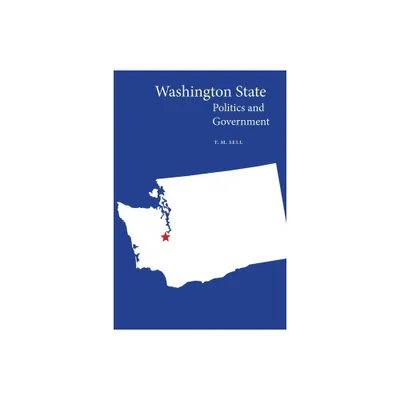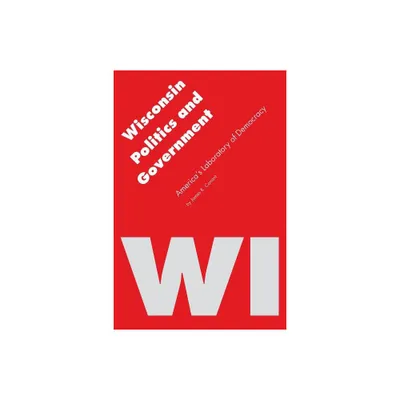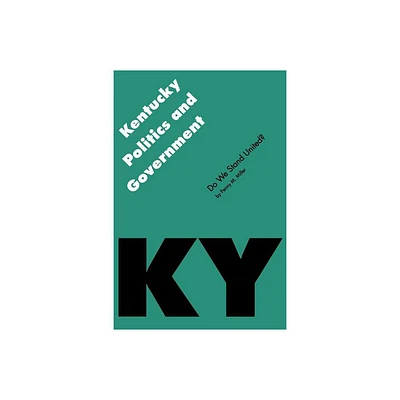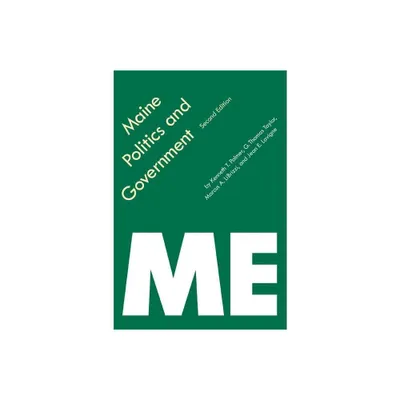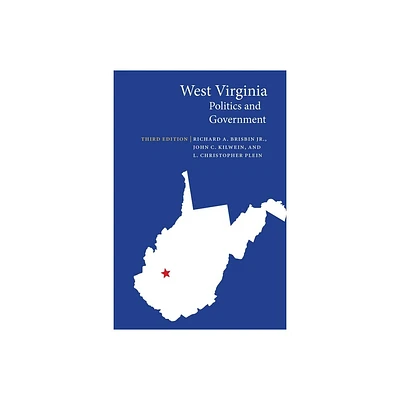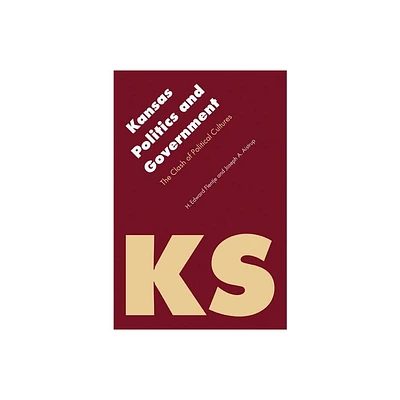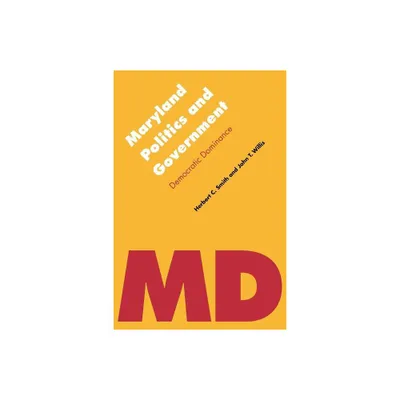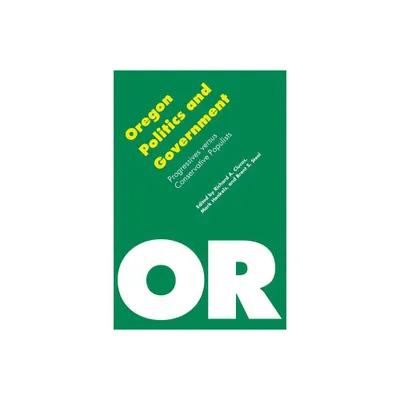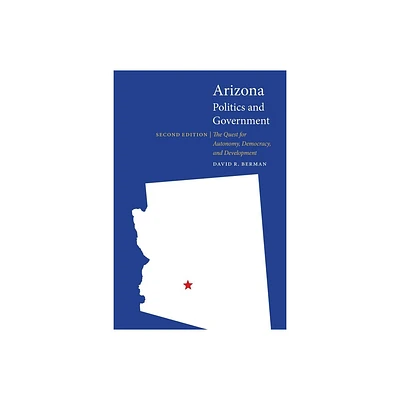Home
To Enlarge the Machinery of Government: Congressional Debates and Growth American State, 1858-1891
Loading Inventory...
Barnes and Noble
To Enlarge the Machinery of Government: Congressional Debates and Growth American State, 1858-1891
Current price: $62.00


Barnes and Noble
To Enlarge the Machinery of Government: Congressional Debates and Growth American State, 1858-1891
Current price: $62.00
Loading Inventory...
Size: Hardcover
*Product Information may vary - to confirm product availability, pricing, and additional information please contact Barnes and Noble
How did the federal government change from the weak apparatus of the antebellum period to the large, administrative state of the Progressive Era?
To Enlarge the Machinery of Government
explores the daily proceedings of the U.S. House and Senate from 1858 to 1891 to find answers to this question.
Through close readings of debates centered around sponsorship, supervision, and standardization recorded in the
Congressional Globe
and
Congressional Record
during this period, Williamjames Hull Hoffer traces a critical shift in ideas that ultimately ushered in Progressive legislation: the willingness of American citizens to allow, and in fact ask for, federal intervention in their daily lives. He describes this era of congressional thought as a "second state," distinct from both the minimalist approaches that came before and the Progressive state building that developed later. The "second state" era, Hoffer contends, offers valuable insight into how conceptions of American uniqueness contributed to the shape of the federal government.
To Enlarge the Machinery of Government
explores the daily proceedings of the U.S. House and Senate from 1858 to 1891 to find answers to this question.
Through close readings of debates centered around sponsorship, supervision, and standardization recorded in the
Congressional Globe
and
Congressional Record
during this period, Williamjames Hull Hoffer traces a critical shift in ideas that ultimately ushered in Progressive legislation: the willingness of American citizens to allow, and in fact ask for, federal intervention in their daily lives. He describes this era of congressional thought as a "second state," distinct from both the minimalist approaches that came before and the Progressive state building that developed later. The "second state" era, Hoffer contends, offers valuable insight into how conceptions of American uniqueness contributed to the shape of the federal government.

